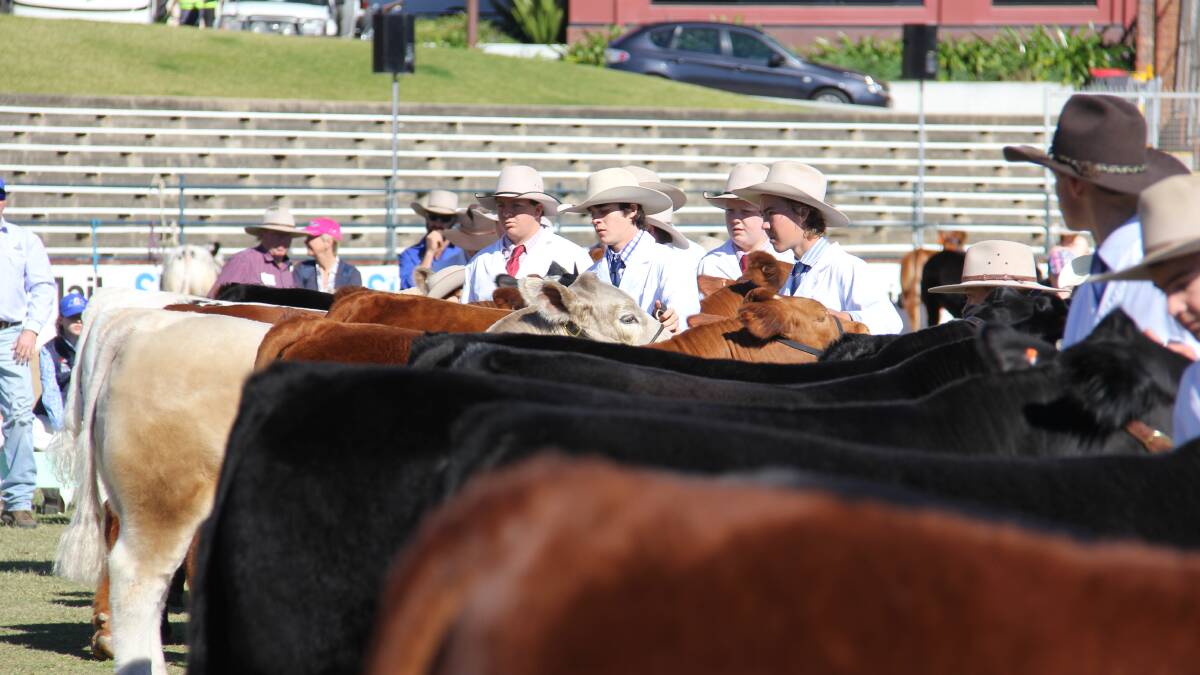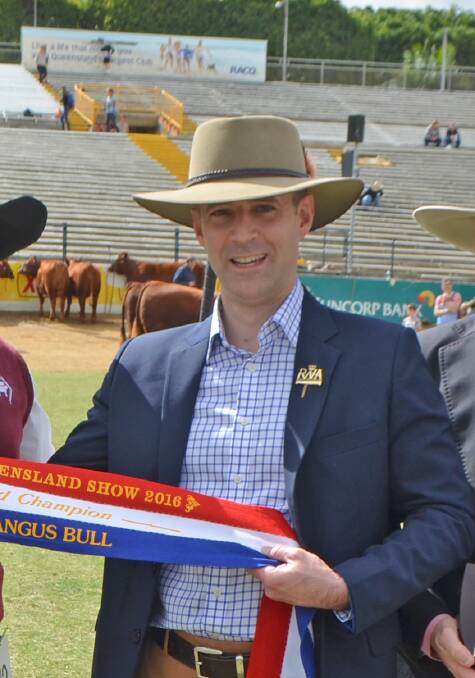
Emergency meetings on foot and mouth disease held by Ekka organisers and government officials have found "no reason" why livestock events should not go ahead.
RNA chief executive Brendan Christou held talks last week with Biosecurity Queensland and the Department of Agriculture and Fisheries, with biosecurity advising the risk of FMD was "very low" and re-iterated the virus was not present in Australia.
"Biosecurity Queensland has advised the RNA that with our biosecurity measures in place, livestock events at this year's Ekka can be held successfully and there is no reason why the show in its current format and program of events should not go ahead," Mr Christou said.
The RNA boss said they would continue to work closely with the department on its biosecurity measures and implementation.
He said biosecurity had been an integral part of the Ekka from the first show in 1876 and was a major part of pre-planning across all aspects of the show each year.
Ekka expects 1300 head of cattle to compete in the stud beef and led steer competitions, with the first lot arriving at the showgrounds on Saturday for judging before the official show program kicks off on August 4.
Biosecurity Queensland confirms it has been liaising directly with Ekka senior management and their veterinary team about current emergency animal disease risks including FMD.
A spokesperson said Ekka had a "robust" biosecurity management plan in place, but asked all exhibitors to be vigilant.

"All livestock competitors and exhibitors will be asked to increase their level of vigilance in monitoring livestock on property before moving, to ensure only healthy animals come onto the show grounds," the spokesperson said.
The decision comes as reports emerge of people calling for livestock to be cut from Melbourne Royal Show, which runs September 22 to October 2.
Animal Health Australia recently published an article by Agricultural Shows Australia detailing what an emergency animal disease outbreak would mean for an ag show.
ASA says if FMD is detected, a national livestock standstill for 72 hours means people cannot transport or admit animals to the showgrounds while the standstill remains operative.
"If there are animals currently housed at the showgrounds, they cannot be removed and must remain until the standstill is lifted," the article says.
"If the showgrounds is an infected property, susceptible animals on site may be euthanised and the carcases disposed of appropriately."
It says producers are fully compensated for animals destroyed as part of the disease response.
Read more


